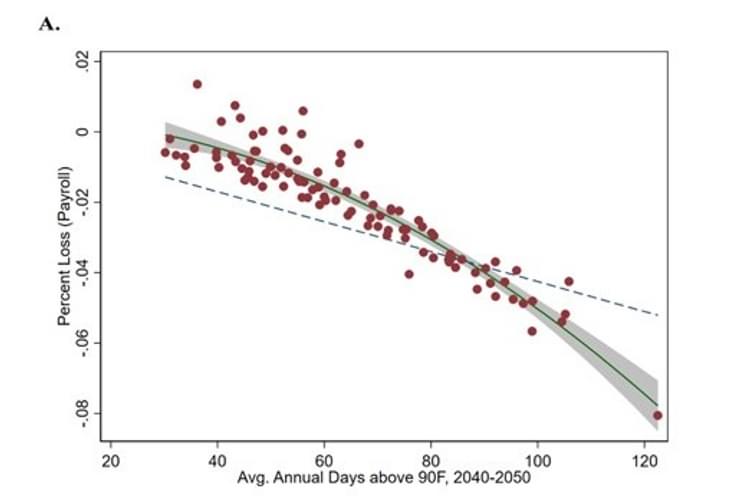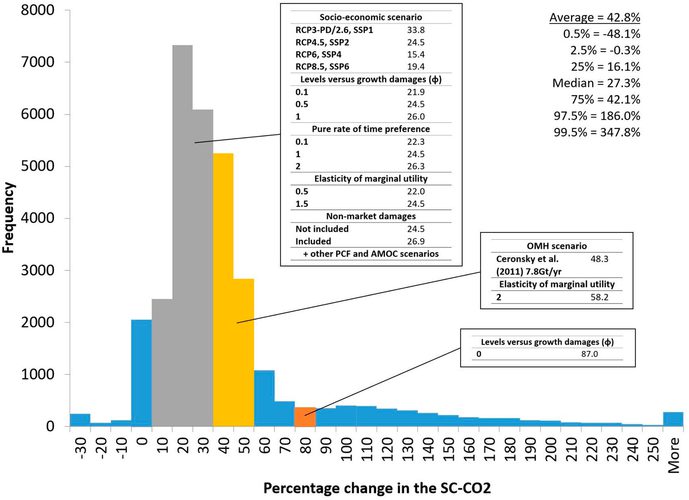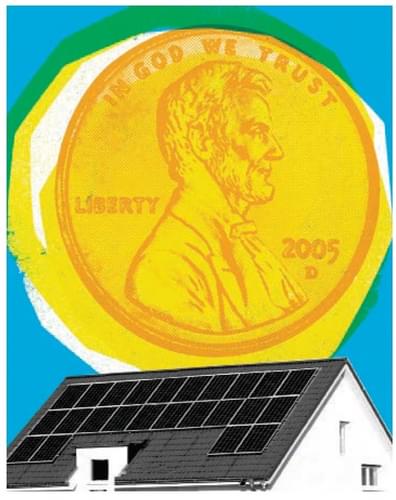How I Cut My Use of Fossil Fuels
We asked people steeped in climate and renewable-energy issues how they reduced their personal carbon footprints

My columns, essays, books, as well as research and teaching materials like case studies.
We asked people steeped in climate and renewable-energy issues how they reduced their personal carbon footprints

No policy should be excluded based on purist economic or environmentalist principles

After more than three decades of trying, Austria moves to tax carbon.

Although climate change is primarily caused by excess greenhouse-gas emissions, there are many links in the chain between economic activities and the real-world effects of planetary warming. Each of these can be addressed in different ways, and all options should at least be on the table.

Biases inherent to the way economics is typically practiced by consultants is slowing meaningful progress on fighting climate change.
by A. Patrick Behrer, R. Jisung Park, Gernot Wagner, Colleen M. Golja, and David W. Keith

New research shows significant economic costs of climate risks.

by Simon Dietz, James Rising, Thomas Stoerk, and Gernot Wagner

A climate economist overhauls his leaky, 200-year-old co-op.

Climate science and economics are inherently conservative, and that may be a factor in Monday's highly-anticipated IPCC report.

The best thing New York and other cities can do for the climate is to let more people live there.

The economist Martin Weitzman got scientists and politicians to think about the worst-case outcomes of global warming. We’re seeing them happen right now.
The rapidly dropping price of solar power has transformed how we think about clean energy. But it needs to still get a whole lot cheaper.

With its fixation on equilibrium thinking and an exclusive focus on market factors that can be precisely measured, the neoclassical orthodoxy in economics is fundamentally unequipped to deal with today's biggest problems. Change within the discipline is underway, but it cannot come fast enough.

Research into unproven technofixes isn’t a replacement for eliminating emissions, even if the debate over geoengineering is stuck on that concern.
There is plenty of debate and acrimony, but there is indeed debate about policy solutions.
After a week when three oil giants were forced to face climate urgency, a guide to what concrete change might look like.
The green transition comes with costs; but they are well worth it, and they pale in comparison to the costs of inaction. The ever-falling costs of renewables have not eliminated the politics of climate change. But they certainly have made our choices much easier.

It’s easy to see why infrastructure spending would cut emissions, while creating jobs. Carbon taxes appear to do the same.
Assessing tariffs based on the carbon content of goods is complicated, but will lead to stronger climate policy and better economic outcomes.